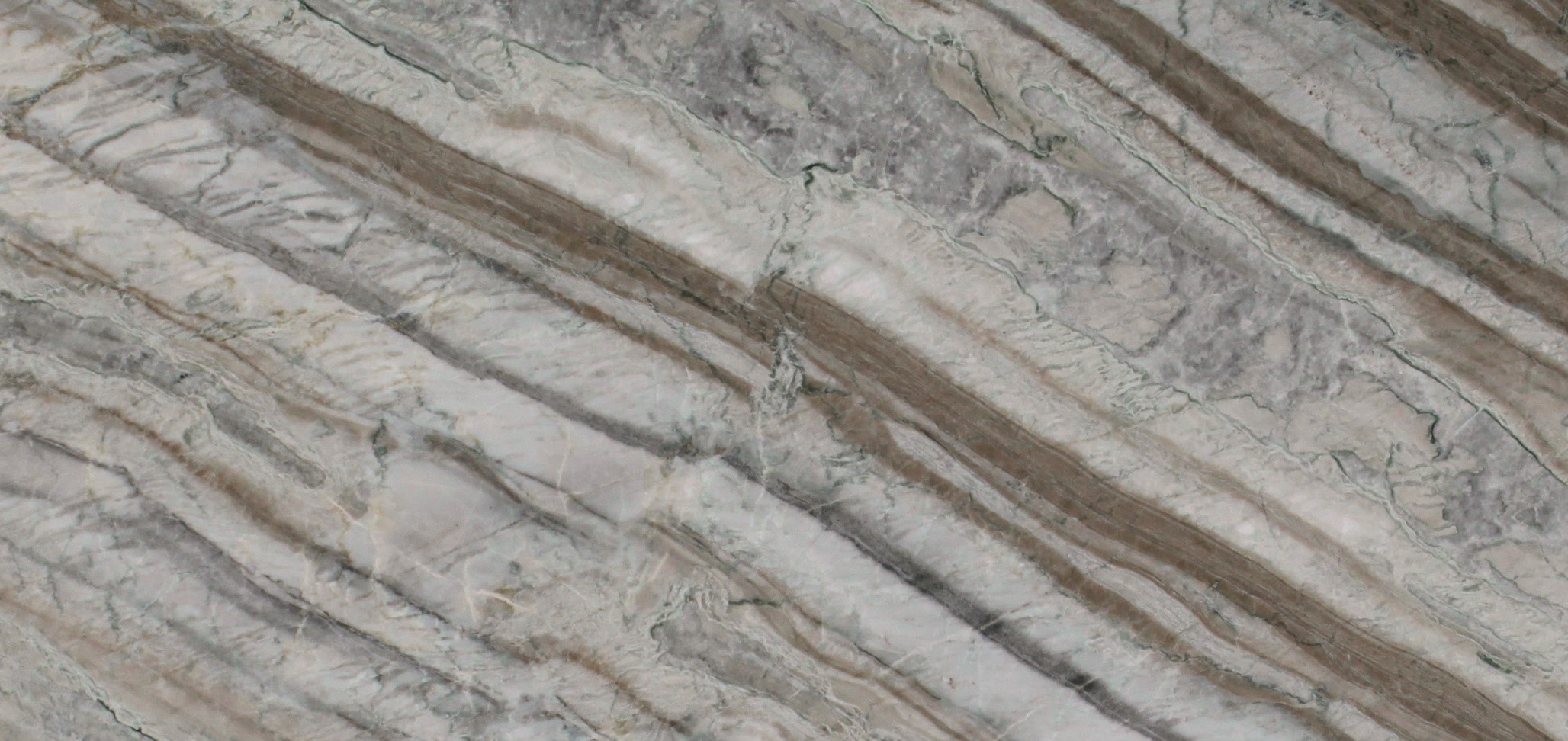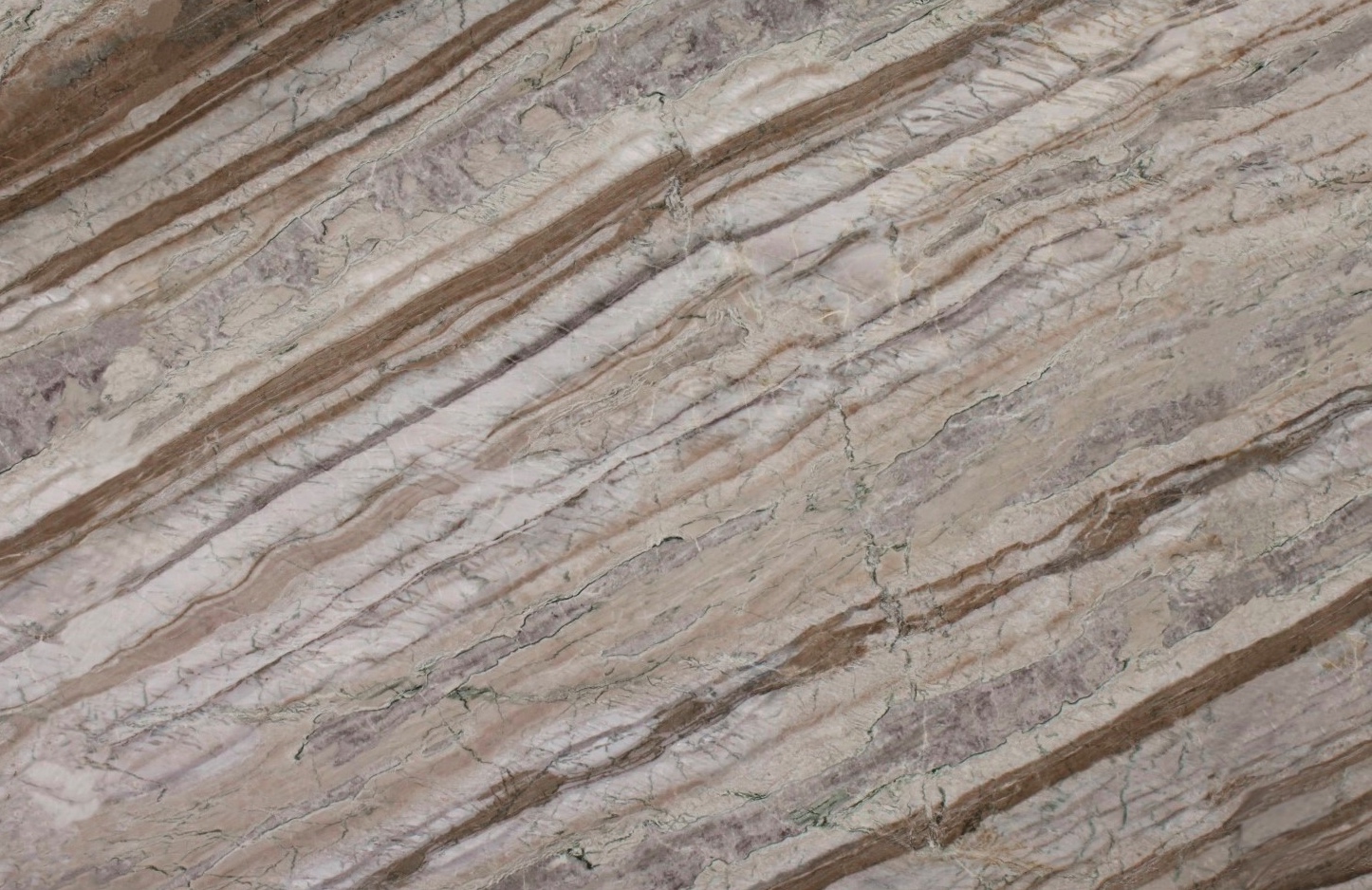X
+ info
Search
Soft Quartzite






An extremely fine grain from quartz or calcium carbonate, almost undetectable to the naked eye, it is a sign of the soft quartzite, a delicate stone, much more sensitive than a quartzite, but with the same soft touch and beauty.
Soft quartzite is a type of siltstone that can be described as extremely fine-grained sandstones. Their origin is weathering of quartz-rich rock such as granite or gneiss. Rivers transported the eroded material to the sea where enormous layers were deposited in some locations. The structure was compacted by the pressure from the deposited sediments; in addition, cementing of the particles occurred by binding quartz and other different minerals or organic matter. The finely dispersed iron oxide limonite causes the brown shade. Also, crossing layers appear fairly often, indicating irregular depositing conditions. In this group is including different types of marble related to crystalline limestone sediments containing some clay minerals. The non-crystalline structure of the original limestone was at the same time changed into fine crystalline.
Soft Quartzite is especially vulnerable to acid liquids like vinegar, mustard, citrus and numerous food-related products. Acidic substances can cause etching when they come into contact with the stone. Most liquids, if wiped up quickly, won’t stain. But liquids left unattended lying on the stone for extended periods of time can leave a lasting stain scar. Attention to the fragile structure, not so hard as the quartzite.
Blocks and slabs vary in appearance and dimension. As this is natural stone, all pictures are a rough guide.
Soft Quartzite